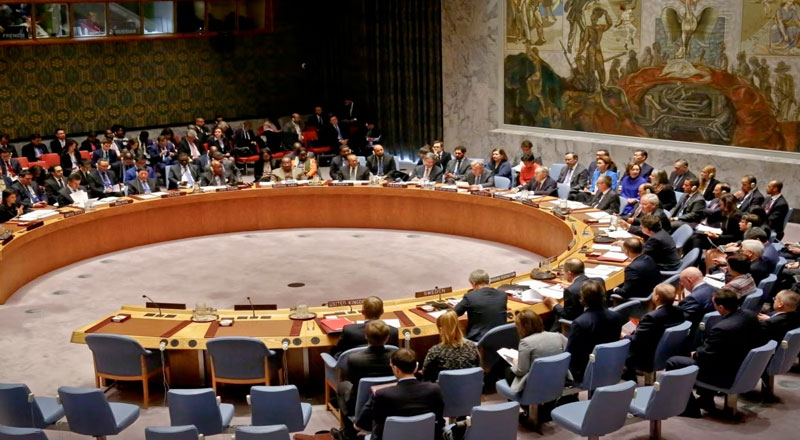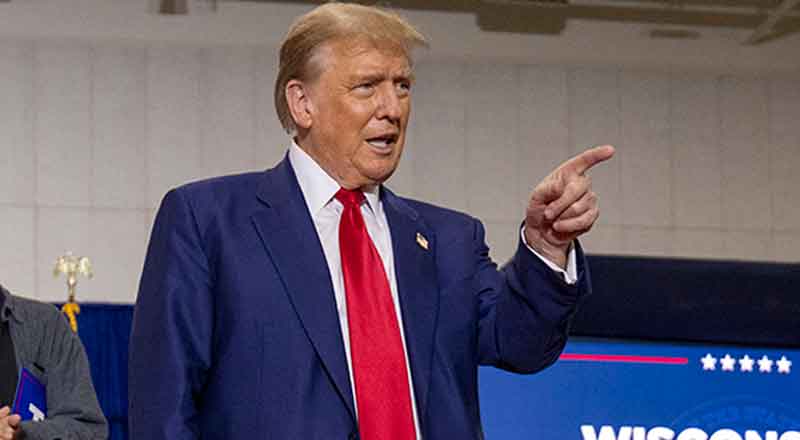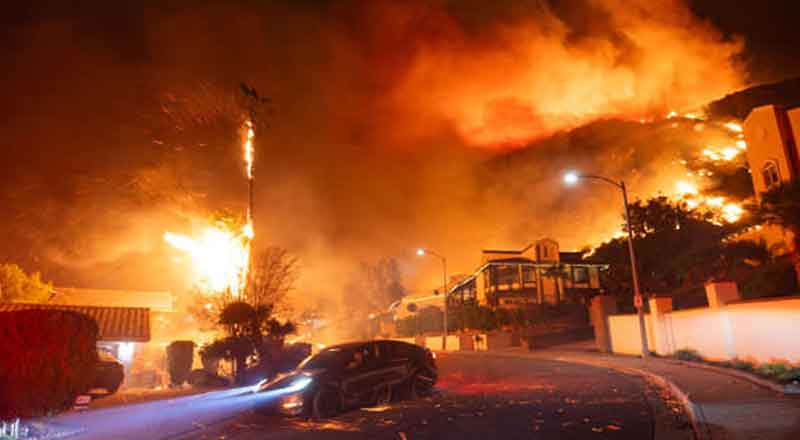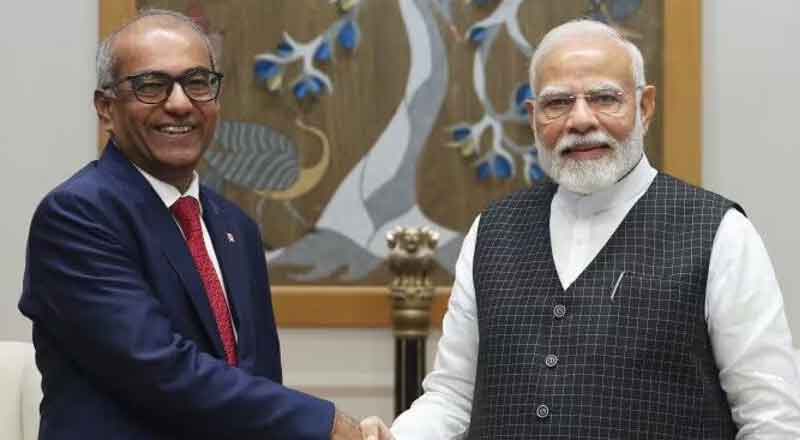- The UN General Assembly elected Algeria, Guyana, Sierra Leone, Slovenia, and South Korea to the U.N. Security Council for two-year terms starting on Jan. 1, 2024.
- Belarus allied with Russia in its invasion of Ukraine was denied a spot.
- The five elected nations will replace Albania, Brazil, Gabon, Ghana, and the United Arab Emirates.
- U.N. Security Council has five permanent veto-wielding members: Britain, China, France, Russia, and the United States.
- The 10 non-permanent members are elected by the General Assembly, which comprises all 193 UN Member States and is in line with geographical distribution by region.
- Voting is conducted by secret ballot and candidates must receive a two-thirds majority, or 128 votes, even if they run uncontested.
The United Nations General Assembly elected Algeria, Guyana, Sierra Leone, Slovenia, and South Korea to the U.N. Security Council on Tuesday for two-year terms starting on Jan. 1, 2024, while Belarus – allied with Russia in its invasion of Ukraine was denied a spot.
Algeria, Guyana, Sierra Leone, and South Korea ran unopposed for a spot on the 15-member body, which is charged with maintaining international peace and security. In the only competitive race, Slovenia beat out Belarus. The five elected nations will replace Albania, Brazil, Gabon, Ghana, and the United Arab Emirates.
The Security Council is the only U.N. body that can make legally binding decisions such as imposing sanctions and authorizing the use of force. It has five permanent veto-wielding members: Britain, China, France, Russia, and the United States. To ensure geographical representation, seats are allocated to regional groups. But even if candidates are running unopposed in their group, they still need to win the support of more than two-thirds of the General Assembly. Guyana received 191 votes, Sierra Leone 188, Algeria received 184 votes, and South Korea 180. Slovenia won 153 votes to beat Belarus, which received 38 votes.
Belarus had been a candidate unopposed since 2007 for the 2024/25 Eastern European seat. Slovenia entered the race in December 2021 after a brutal crackdown by the authorities in Belarus on protests following a 2020 presidential election.
Russia has since used the territory of Belarus as a launchpad for its invasion of Ukraine in February 2022. Russia moved ahead last month with a plan to deploy tactical nuclear weapons in Belarus. It is the Kremlin’s first deployment of such weapons outside Russia since the 1991 fall of the Soviet Union.
The Security Council is composed of 15 countries, five of which – China, France, Russia, the United Kingdom, and the United States – are permanent members, granting them the right to veto any resolution or decision. The 10 non-permanent members are elected by the General Assembly, which comprises all 193 UN Member States and is in line with geographical distribution by region.
Voting is conducted by secret ballot and candidates must receive a two-thirds majority, or 128 votes, even if they run uncontested. Overall, 192 countries voted to fill three Council seats allocated to the Africa and Asia-Pacific Groups, and one each for Eastern Europe and Latin America, and the Caribbean.
Slovenia beat Belarus in the race for Eastern Europe, receiving 153 votes versus 38, while Algeria, Guyana, Sierra Leone, and the Republic of Korea ran unopposed.
(With inputs from agencies)





